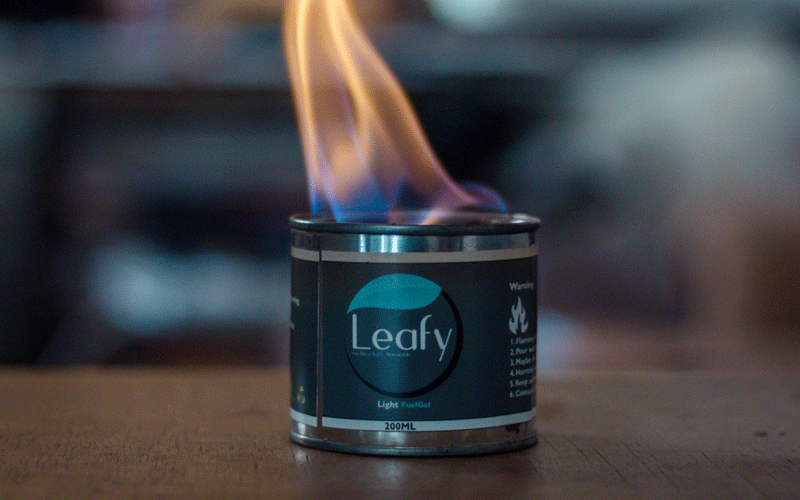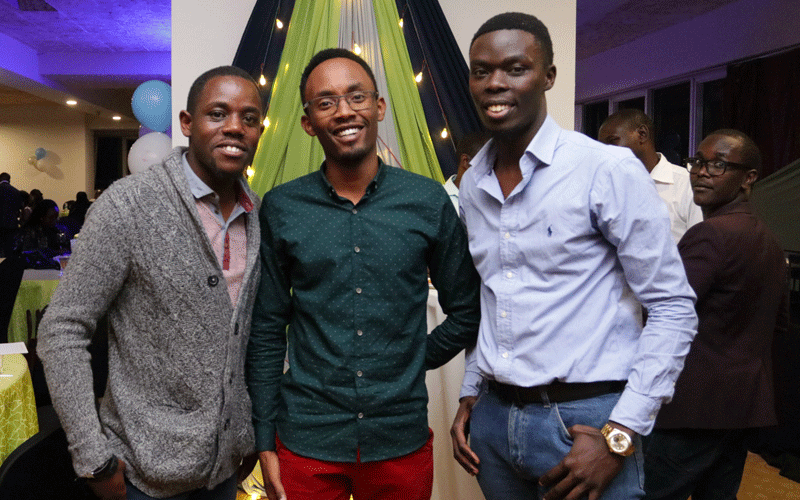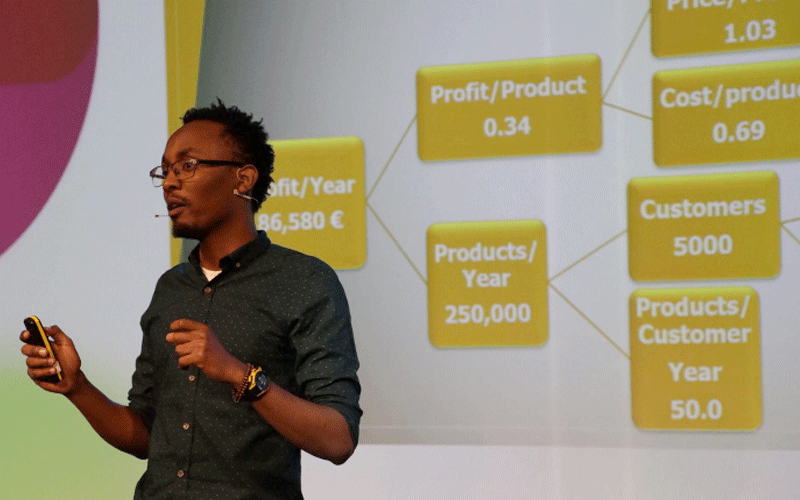Mountains of soiled diapers inspires varsity students to find lasting solution

Since the introduction of disposable single-use baby diapers in Kenya, a good number of mothers have stopped using fabric napkins on their young ones. They find diapers convenient.
However, parents have no choice, but to throw used diaper into usual household bins because there is no method of collecting them for recycling.
Worldwide, disposable diapers are a major source of pollution, with millions of tonnes dumped in landfills annually, forming a major health hazard, according to environmental watchdogs.
Statistics show parents change their baby four to five times a day and each infant in Kenya will soil up to 5,000 diapers before they outgrow them.
Around 800 million diapers are used in Kenya and 450 billion globally annually, contributing nearly to 77 million tonnes of solid waste to landfills.
However, despite all the advantages the product has, it poses the greatest risk to our environment since they take a long time to fully decompose—roughly 400 years.
It is against this backdrop that a trio, who recently graduated from the University of Nairobi, came up with an idea of turning this waste into clean cooking fuel to reduce its impact on our environment.

Dennis Wachira, Peter Gachanja, and Melvin Kizito, founders of Leafy Kenya, all with degrees in Chemistry, collect used diapers from different places, clean, sanitise and shred them.
They then subject the shredded pieces to a chemical treatment to develop a gel-like fuel that can be used for cooking and heating.
Dennis, the originator of the product, says the idea of recycling was born in 2016, but they started with other products such as waste paper, and rice husks among others. However, the idea of recycling used diapers was born in February last year.
“The idea was triggered by increasing waste, especially from used diapers. Coming face to face with piles of diapers disposed inappropriately on my way to school is what set off the idea,” he says.
Though he didn’t know what to do to save the situation, he bumped into someone who was burning them and noticed they took hours before they were completely burnt.
“From that encounter as a scientist, I decided to research and learn more about baby diapers and what is used to produce them.
I shared the idea with my friends and we decided to work together. From research, we learned you can use some baby diapers materials to get cooking fuel.That is how our project started,” he explains.
Eliminating death
Disposable diapers are made from materials such as cellulose fibres derived directly from trees and other plants, plastic polymers (including polypropylene, hydrogels, and superabsorbents), various dyes, and several adhesives and elastics.
With the help of their mentor Benson Wamalwa, they started their trials. It was not easy because of financial challenges, but eventually, they managed to come up with 50ml fuel prototype.

When they used it to prepare food, it was enough to prepare half a kilo of rice and to make tea.
The trio produces fuel, which burns cleanly with no carbon monoxide emissions, thus eliminating death by poisoning at homes and very low Carbon dioxide emissions, thus mitigating climate change.”
“The results were good and we decided to refine the product to increase burning time. With our current product, a 200ml burns for three hours. Compared with the available fuel gels in the market, our product is way better because it produces a lot of heat.”
When they joined Climate Launchpad (CLP) competition, the world’s largest green business ideas competition last year, they emerged winners locally, regionally and globally.
This placed under acceleration programme by the CLP at Kenya Climate Innovation Centre (KCIC) to assist in developing a business model, production and on marketing.
Currently, they make the product on a need basis for feedback. For a pilot project, they are working with 20 women from Kibera.
Other economic uses
With the help of CLP, they are going to set up a production facility to recycle one tonne of diapers daily. They hope that by November this year, their product will be in the market.
To ensure this comes to pass, they have started partnering with garbage collectors who will be supplying them with raw material. Currently, they are using community members to collect for them at a fee.
“Currently we are producing the fuel from my backyard, and I believe that once we have a proper production facility, we will be able to hit our target since the raw materials are readily available.”
Diapers can also be recycled to make carrier bags, building blocks, plastic bottle caps, furniture, fertiliser, biomass, and fabric.












